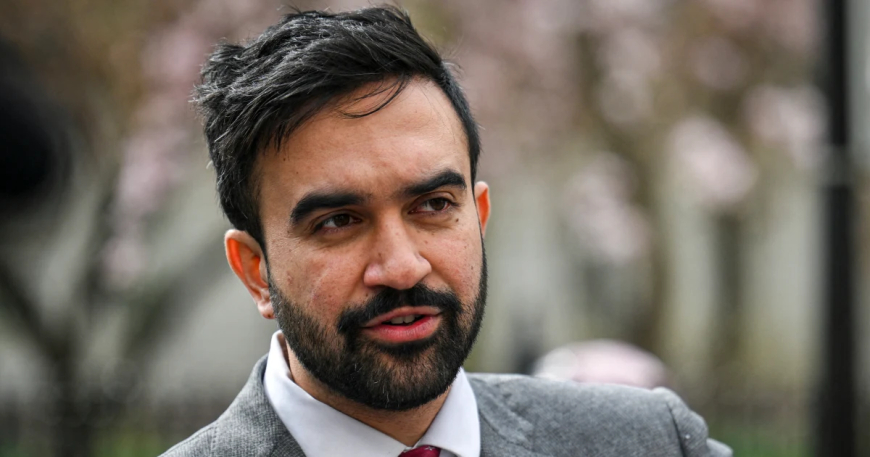Chicago’s Budget Crisis Sparks Debate Over Zohran Mamdani’s ‘Socialist’ Blueprint for New York City
Chicago’s budget shortfall is fueling debate over Zohran Mamdani’s socialist vision for New York City. Can ‘Zohranomics’ avoid the same pitfalls?

Chicago’s deepening budget shortfall has turned into a cautionary case study for big-city governance, with ripple effects reaching New York City’s political scene. Progressive lawmaker Zohran Mamdani’s ambitious “socialist” agenda for NYC—often dubbed Zohranomics—is now under intense scrutiny, as critics point to Chicago’s fiscal woes as a warning sign. Supporters, however, say New York’s challenges demand bold action, not fear-driven retreat.
Chicago’s Fiscal Alarm: A Wake-Up Call
Chicago Mayor Brandon Johnson has acknowledged the city is grappling with a significant budget deficit threatening core public services. Essential programs in education, housing, and transportation are under strain. Critics, including former New York Governor Andrew Cuomo, argue this is a direct result of what they call “incompetent leadership” and unsustainable spending practices (Fox News).
Cuomo’s warning is clear: if Chicago’s current path is any indication, adopting similar large-scale public spending in New York could spell trouble for its long-term financial stability.
Inside ‘Zohranomics’
Zohran Mamdani, a Democratic Socialist from Queens, has become a rising political figure advocating transformative economic policies. His vision includes:
-
Rent freezes to combat soaring housing costs.
-
Fare-free public buses to boost mobility.
-
Universal childcare to support working families.
-
City-run grocery stores to address food insecurity.
Mamdani’s funding model relies heavily on increasing taxes for the wealthy and large corporations. Supporters call this a moral and practical response to NYC’s affordability crisis, while critics fear it could deter investment and push high-income earners out of the city (The New Yorker).
Chicago vs. New York: Similar Plans, Different Realities?
Chicago’s financial woes are rooted in decades of structural deficits, declining tax bases, and pension obligations. New York, in contrast, currently enjoys a stronger revenue stream, though it faces its own cost-of-living and housing crises.
Supporters of Mamdani’s proposals argue that context matters—Chicago’s budget breakdown is not inevitable for New York if reforms are implemented with transparency, fiscal safeguards, and targeted rollouts. Opponents counter that large-scale public programs often face cost overruns and inefficiencies, regardless of initial planning.
The Political Stakes
With New York’s mayoral race heating up, the debate over Mamdani’s platform has become a litmus test for progressive politics in America’s largest city. Younger voters, particularly those under 35, are showing growing enthusiasm for policies that prioritize social equity over market-driven solutions.
Yet the shadow of Chicago looms large—if New York stumbles financially, it could reinforce narratives that expansive social programs are unsustainable in U.S. cities.
Conclusion
Chicago’s budget crisis offers a stark lesson: even the most well-intentioned programs require careful planning, realistic revenue projections, and political consensus. For Mamdani, the challenge is convincing voters that his vision for New York can deliver social benefits without triggering the same financial pitfalls.
Whether Zohranomics becomes a model for equitable urban governance or a cautionary tale will depend on how New Yorkers weigh ambition against fiscal reality.











